Rapidly increasing activity in the robotics sphere has led the Financial Times to herald
an investment boom time for one of the hottest new markets in tech. And, as robots break free of factory production lines, the US and China are poised to take the lead from Japan and Germany.
After growing at a compound rate of 17 per cent a year, the robot market will be worth $135bn by 2019,
according to IDC, a tech research firm. The Asian markets, Japan and China, which is in the early stages of retooling its manufacturing sector, account for 69 per cent of all robot spending. But it’s US investment, which has more than doubled to $587m in 2015,
according to CB Insights, that is the major factor in global growth.
Although the amount of cash flowing into the sector is still at a relatively early stage, all the lead indicators of the innovation economy are positive, says the FT: patent filings covering robotics technology have soared, with China alone accounted for 35 per cent in 2015, and venture capital investments more than doubled last year.
“From private equity investors looking to build portfolios of robot investments, to new “incubators” such as Playground, started by former Google robotics chief Andy Rubin, the investment options have been proliferating rapidly.”
“The most interesting things are in Silicon Valley or the US,” Dmitry Grishin, a Russian internet entrepreneur and investor told the FT.
Surging investment in artificial intelligence is giving the US an early advantage in the race to dominate a new era of robotics, say investors and experts. Recent advances, particularly in deep learning, have shifted robotics from its core industrial market into areas such as self-driving cars.
AI, big data and the cloud
The threat from new AI and cloud technologies has also incentivised established players such as Japan’s Fanuc, the world’s largest maker of industrial robots, to up their game. The company plans to start connecting
400,000 installed machines by the end of this year, to collect data about their operations and improve performance and is banking on their proliferation as a means of competing with the likes of Google, in the data sphere at least. Similalry, Germany’s
Kuka is building a deep-learning AI network for industrial robots.
While US companies such as Google and Facebook have led investment in deep learning, Silicon Valley has also seen a wider start-up boom in AI and robotics. A collapse in the price of components, thanks to smartphone growth, has made it cheaper to launch robot companies. But the new entrepreneurs rushing into the field are different from the hardware engineers who historically dominated the field, experts say, and are just as likely not to even use the word “robotics,” with a focus, instead on autonomy and AI.
Complementing this activity, astonishing advances in academia are giving fuel to future visions of what may become possible, with scientists creating living
‘insect-computer hybrid’ robots with user-adjustable speed and gait and exciting innovation in powering the technology, such as
‘ATTO cells’ that will be instrumental in creating intelligent swarms of robots. This nascent technology is expected to enable automation at ten times the speed of the upcoming 5G technology, supporting the deployment of highly-demanding wireless services in domains such as reconfigurable robot factories, intelligent hospitals and flexible offices. Ultimately, individual robots will be able to tap into the computing power of other robots in the swarm and/or local computing power in their immediate environment.
Simplistic machines
But that’s the future and there are plenty of technological and ethical hurdles for robotics to address first. Current goals are infintely more modest: to build single-purpose robots that do one thing very well. If successful, these machines will quickly become part of the fabric of everyday life, much like today’s automated vacuum cleaners or cash machines, say experts.
Another key design feature of many of the early robots is that they will need to operate alongside people, initially at least, making humans more productive rather than replacing them altogether. The limitations of current automation technologies mean that robot companies are thus currently focused on keeping “the human in the loop,” with most experts believing that people will have an important role to play in directing and providing a vital source of learning for the machines for decades to come.
Rapid learning is, in fact, vital for robotics manufacturers’ initial products, according to Grishin. The trick, he says, will be to find a task that relatively simplistic machines are able to handle, then use knowledge gained in the field to rapidly add to their capabilities and usefulness. “First put them in consumers’ hands, then learn from their behaviour.” Thus the machine becomes a minimal vessel for more and more sophisticated software.
It’s a proposition that investors are finding increasingly difficult to resist.

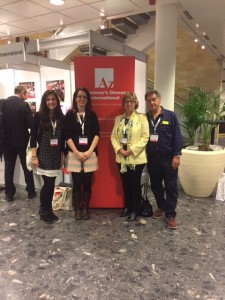
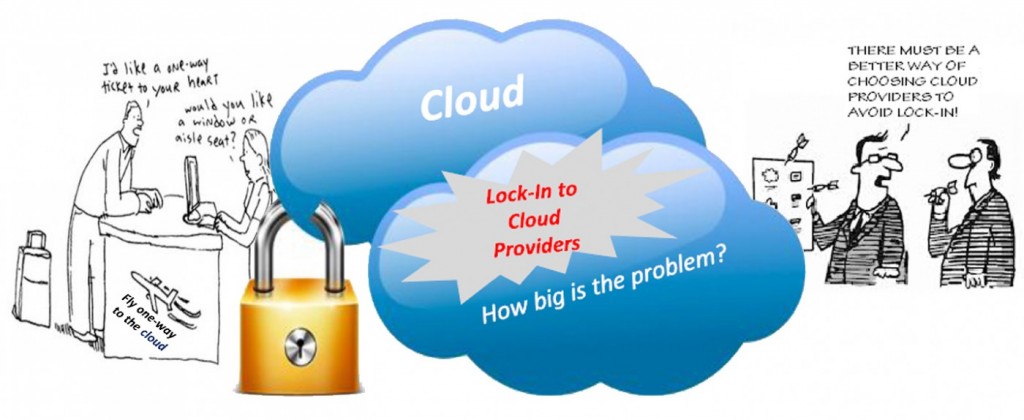 We would like to invite you to the latest research seminar of the Creative Technology Research Centre.
We would like to invite you to the latest research seminar of the Creative Technology Research Centre.

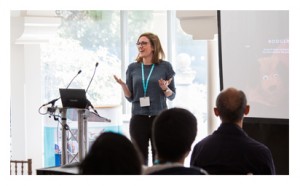
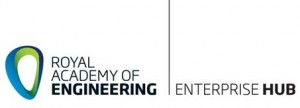
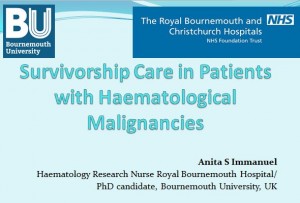
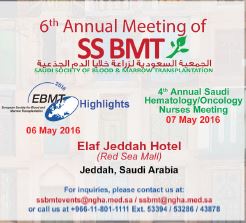





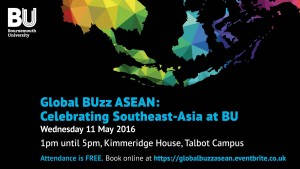 BU invites you to celebrate the countries that make up the ASEAN (Association of Southeast Asian Nations) region, as we host an event that showcases the variety of cultures and BU’s relationships across Southeast Asia on Wednesday 11 May.
BU invites you to celebrate the countries that make up the ASEAN (Association of Southeast Asian Nations) region, as we host an event that showcases the variety of cultures and BU’s relationships across Southeast Asia on Wednesday 11 May. Quick tip if you’re adding posts to the research blog: when adding an image within your post, remember to also click on ‘set featured image’ (bottom right-hand menu below ‘tags’) and select the image again. This will show the image on the home page of the blog for your post summary (which may entice more people in to read it).
Quick tip if you’re adding posts to the research blog: when adding an image within your post, remember to also click on ‘set featured image’ (bottom right-hand menu below ‘tags’) and select the image again. This will show the image on the home page of the blog for your post summary (which may entice more people in to read it).










 Dr. Ashraf cited on ‘Modest Fashion’ in The Guardian
Dr. Ashraf cited on ‘Modest Fashion’ in The Guardian NIHR-funded research launches website
NIHR-funded research launches website Academics write for newspaper in Nepal
Academics write for newspaper in Nepal New paper published on disability in women & girls
New paper published on disability in women & girls MSCA Postdoctoral Fellowships 2025 Call
MSCA Postdoctoral Fellowships 2025 Call ERC Advanced Grant 2025 Webinar
ERC Advanced Grant 2025 Webinar Horizon Europe Work Programme 2025 Published
Horizon Europe Work Programme 2025 Published Horizon Europe 2025 Work Programme pre-Published
Horizon Europe 2025 Work Programme pre-Published Update on UKRO services
Update on UKRO services European research project exploring use of ‘virtual twins’ to better manage metabolic associated fatty liver disease
European research project exploring use of ‘virtual twins’ to better manage metabolic associated fatty liver disease